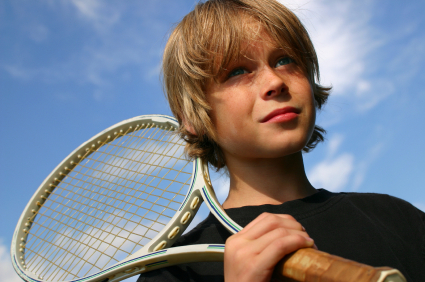<link href="https://cdn.sur.ly/widget-awards/css/surly-badges.min.css" rel="stylesheet">
<div id="surly-badge" class="surly__id_56779743 surly-badge_white-gradient" onclick="if(event.target.nodeName.toLowerCase() != 'a' && event.target.parentElement.nodeName.toLowerCase() != 'a') {window.open('https://sur.ly/i/parentingwithouttears.com/'); return 0;}">
<div class="surly-badge__header">
<h3 class="surly-badge__header-title">Content Safety</h3>
<p class="surly-badge__header-text">HERO</p>
</div>
<div class="surly-badge__tag">
<a class="surly-badge__tag-text" href="https://sur.ly/i/parentingwithouttears.com/"> parentingwithouttears.com </a>
</div>
<div class="surly-badge__footer"> <h3 class="surly-badge__footer-title">Trustworthy</h3> <p class="surly-badge__footer-text">Approved by <a href="https://sur.ly" class="surly-badge__footer-link">Sur.ly</a> </p> </div> <div class="surly-badge__date">2023</div>
</div>
 First of all it’s great that your son is so active – when we are constantly hearing that so many of our children are couch potatoes! And I’m sure your worries are echoed by so many parents of pre-teen boys who suddenly seem to become more aggressive.
First of all it’s great that your son is so active – when we are constantly hearing that so many of our children are couch potatoes! And I’m sure your worries are echoed by so many parents of pre-teen boys who suddenly seem to become more aggressive.
Your son is on the brink of puberty when the male hormone – testosterone – is kicking in. Around the ages of 10, 11 and 12 hormones do affect a boy’s mood. This makes boys more aggressive anyway and puberty is a time of upheaval for both boys and girls.
You don’t say what sport your son plays but your letter suggests it’s not a team sport which means that everything rests on his own performance – he cannot share either victories or defeats with anyone else. This is very difficult at such a young age.
I would suggest several approaches. Firstly, who are his sporting heroes? Do some or any of them behave badly in defeat? If they do discuss their behaviour with your son and point out why aggression is unacceptable and how they should react. Find a sportsman for him who is magnanimous in defeat and who never throws a wobbly.
Another point to consider: who coaches your son in his sport? If he or she is a professional coach they should be aware of ways for your son to wind down after a match and to concentrate on learning from any mistakes made in a positive way. Every mistake, every defeat can be an excellent learning tool.
You should also just check your own reactions when you don’t succeed at something. If you get moody and unapproachable your son will have followed suit. However it’s much more likely that it’s just his age and he needs some help in coping with his emotions. After any match – whether he has won or lost – discuss all the positive elements and how well he did. If he mentions mistakes he made, ask him how he could have acted differently. Have a post match routine that you stick to win or lose – make it something he really likes doing with you, that allows him to relax and unwind.
One thing you could do is find a mentor for him. Whatever his sport there are bound to be older boys or young men who have gone through the same stage and now know how to control their feelings. Check with any club or organisation your son belongs to, to see if they have a mentoring scheme.
This question answered by Anne Coates was first published in The Scotsman.